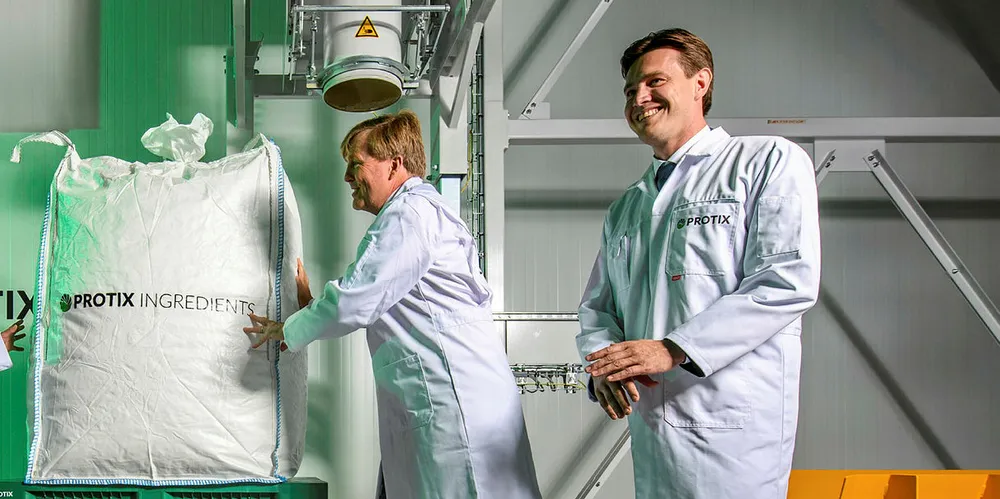Protix, Skretting see insect meal expanding into shrimp, tilapia
Netherlands-based insect farmer Protix launched its new production facility with a supply agreement with the world's largest aquaculture feed producer.

Netherlands-based insect farmer Protix launched its new production facility with a supply agreement with the world's largest aquaculture feed producer.
